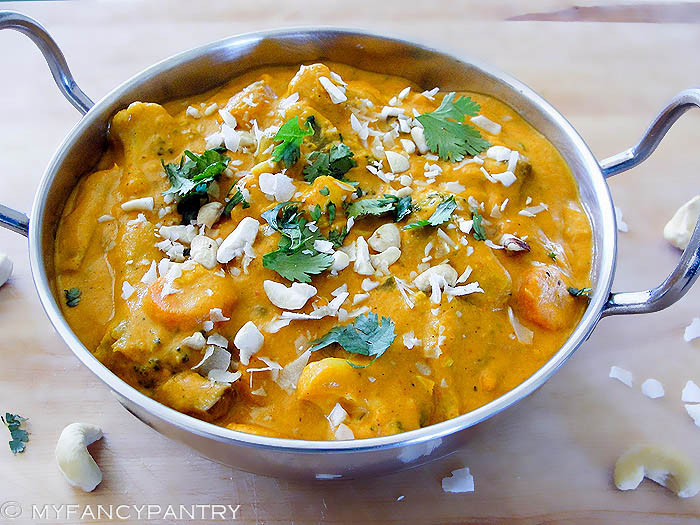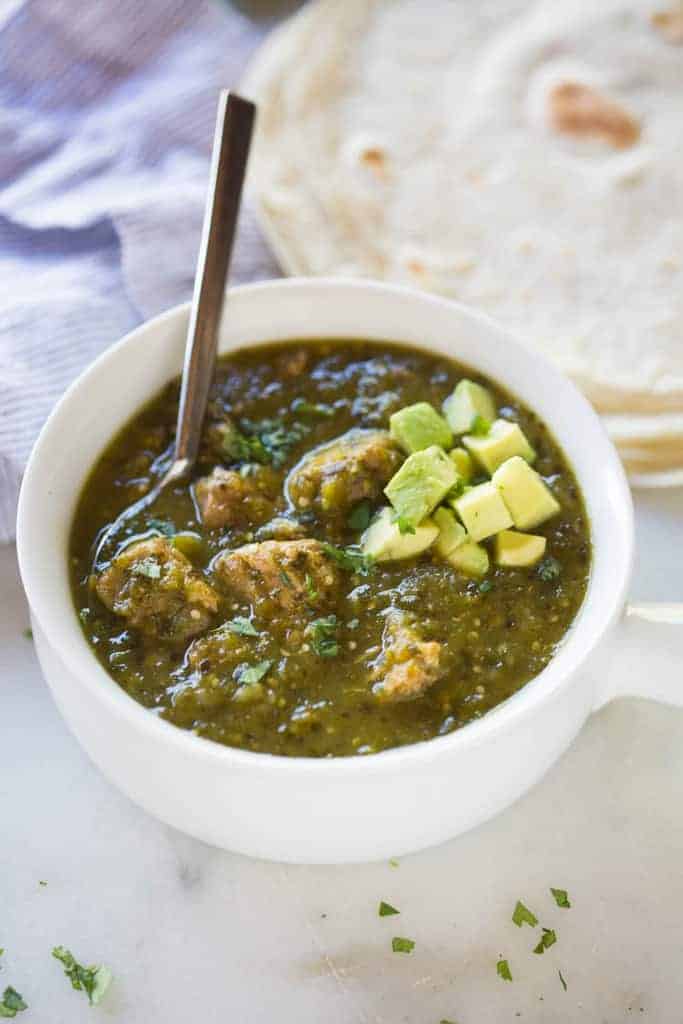Lemon Sauce: History, Benefits, and Delicious Recipes
Lemon sauce has ancient roots dating back to early Mediterranean civilizations. Roman texts reference the use of lemons in various sauces to enhance meat and fish dishes. In medieval Europe, lemons were prized for their acidity and were often incorporated into sauces to balance the rich, fatty meats of the period. Lemons arrived in the Americas during colonial times, further spreading their culinary applications. As trade routes expanded, so did the availability and usage of lemon sauce in both savory and sweet recipes.
Cultural Significance in Various Cuisines
Lemon sauce features prominently in various global cuisines. In Italian cuisine, it complements seafood dishes like piccata and scampi. In Middle Eastern cooking, preserved lemon sauce adds a complex, tangy layer to tagines and salads. Asian cuisine, especially in dishes from China and Japan, often uses lemon sauce to provide a zesty contrast to fried or grilled proteins.
Here is a table summarizing the cultural significance of lemon sauce in different cuisines:
| Cuisine | Popular Dishes Using Lemon Sauce |
|---|---|
| Italian | Chicken Piccata, Shrimp Scampi |
| Middle Eastern | Tagine, Salads with Preserved Lemon Sauce |
| Chinese | Lemon Chicken, Fried Shrimp with Lemon Sauce |
| Japanese | Grilled Fish, Tempura with Citrus Dipping Sauce |
Your culinary experiences expand when integrating lemon sauce into diverse recipes, proving its enduring significance and versatility.
Key Ingredients of Lemon Sauce
Basic Ingredients for a Simple Lemon Sauce
To create a basic lemon sauce, use fresh lemon juice, lemons zest, sugar, and butter. Fresh lemon juice provides the primary tang. Fresh lemons zest enhances citrus flavor, delivering a fragrant aroma. Sugar balances the sauce’s tartness. Butter adds richness and smooth texture.
Variations and Optional Add-Ins
To customize your lemon sauce, consider adding garlic, herbs, or cream. Garlic introduces a savory element. Herbs like parsley or dill add freshness and complexity. Cream gives the sauce a luscious, velvety finish. Adjust optional add-ins based on your dish to enhance its flavor profile.
Cooking Techniques for Perfect Lemon Sauce
Preparing Lemon Sauce on the Stovetop
Start with fresh lemon juice and zest for vibrant flavor. Combine lemon juice, zest, sugar, and butter in a saucepan. Use medium heat to melt the butter and dissolve the sugar. Once melted, stir the mixture constantly to prevent burning.
Slowly add the remaining ingredients, ensuring each is fully integrated before adding the next. For a creamier texture, include a small amount of heavy cream or cornstarch slurry. Cook the mixture until it reaches the desired thickness.
Tips for Achieving the Right Consistency
Monitor the heat level; too high can curdle the sauce. Use medium-low heat to maintain control. Adjust the sugar level for a balanced taste. More sugar creates a thicker sauce, while less keeps it more fluid.
Constant stirring is crucial to prevent lumps. If lumps form, strain the sauce through a fine-mesh sieve. For a glossy finish, add a pat of butter near the end of cooking. Adjust the thickness with water or stock if the sauce becomes too thick.
Pairing Lemon Sauce with Meals
Best Dishes to Complement with Lemon Sauce
Lemon sauce complements a variety of dishes across different cuisines. Seafood dishes, like grilled salmon or shrimp scampi, benefit from the tangy flavor of lemon sauce. The zesty taste cuts through the richness of the seafood, providing a refreshing balance.
Chicken dishes, such as lemon chicken piccata or baked chicken thighs, also pair excellently with lemon sauce. The acidity of the sauce brightens the savory taste of the chicken, making it more flavorful.
Vegetable dishes, including roasted asparagus or steamed broccoli, gain a vibrant twist with lemon sauce. The citrus notes enhance the natural flavors of the vegetables, making them more appealing.
Creative Culinary Ideas Using Lemon Sauce
Utilize lemon sauce creatively to elevate your dishes. Incorporate it into pasta dishes by tossing it with spaghetti, olive oil, and fresh herbs for a light, refreshing meal.
Drizzle lemon sauce over desserts like lemon pound cake or vanilla ice cream for a sweet yet tangy finish. The sauce adds a delightful contrast to the sweetness of the desserts.
Use lemon sauce as a salad dressing by mixing it with olive oil, mustard, and honey. This mixture gives your salads a bright, tangy flavor that’s both refreshing and delicious.
Marinate proteins such as tofu or pork chops in lemon sauce before grilling. The marinade infuses the protein with a citrusy flavor, making it more tender and tasty.
These ideas show the versatility of lemon sauce in various culinary applications, enhancing the flavors of numerous dishes.
Health Benefits of Lemon Sauce
Nutritional Profile of Lemon
Lemon packs essential vitamins and minerals, contributing to a nutritious diet. A medium-sized lemon provides about 31 mg of vitamin C, covering nearly 51% of the recommended daily intake. It also contains small amounts of vitamins B1, B2, B3, and B6. Minerals like potassium (138 mg per lemon), calcium (26 mg), and magnesium (8 mg) further enhance its nutritional value (USDA National Nutrient Database). Lemons include dietary fiber (2.8 g) and contain low calories (29 kcal), making them a healthy choice.
Advantages of Using Lemon Sauce in Daily Diet
Lemon sauce offers a range of health benefits when used in daily meals. It boosts vitamin C intake, aiding in immune function and skin health. The sauce increases iron absorption from plant-based sources, optimizing your nutrient uptake. Lemon’s citric acid helps prevent kidney stones by increasing urine volume and pH. Using lemon sauce can support heart health since flavonoids in lemons reduce inflammation and risk of heart disease. Adding lemon sauce to vegetables and proteins can enhance flavor without added sugars or unhealthy fats, promoting weight management and better overall health.
Conclusion
Lemon sauce isn’t just a delicious addition to your meals; it’s a versatile and health-boosting ingredient. Whether you’re looking to enhance flavors or improve your nutritional intake, incorporating lemon sauce into your dishes offers a myriad of benefits. Experiment with different recipes and enjoy the tangy zest that this sauce brings to your culinary creations.






